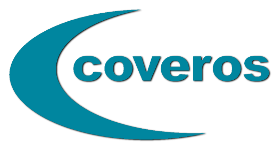One of the seven wastes in any organization is the waste from transportation.
Transportation can lead to loss of energy, efficiency, and even loss of material. Transportation does not alter or add value to the product directly. However, it does add to the cost of manufacturing.
Similarly, in software development, hand-offs can be just as hindering. During the hand-off from one team to another, there could be loss of energy, efficiency, and information.
One of the best ways to eliminate hand-offs in a software development team is to ensure the team is cross-functional.
A cross-functional team is a set of people with different skill sets, responsibilities, and disciplines who work together to deliver end-to-end solutions. The biggest misconception is that every team member needs to know everything. It is not the individual that needs to know everything, but rather that the entire team must have the knowledge to deliver an end-to-end solution. If they do not have it, then they must acquire the knowledge.
For example, Team A always waits for Team B to update the Database (DB) as they do not have the DB skills on their team. It would be more efficient to have Team A add a new member that has the DB skill set, if the team has the scope of adding new members. If the team cannot add a new, skilled member, then the next best course of action is to enable a team member to learn those DB skills.
So how can you ensure your teams are truly cross-functional and work together?
- Look within the organizations where teams are waiting for other teams to deliver work before they can start their own work.
- Explore the available options to make the team cross-functional.
How Coveros Can Help
Looking to make cultural or organizational structures that enhance delivery? We’d love to chat about your current challenges and opportunities and how our experts can help.



